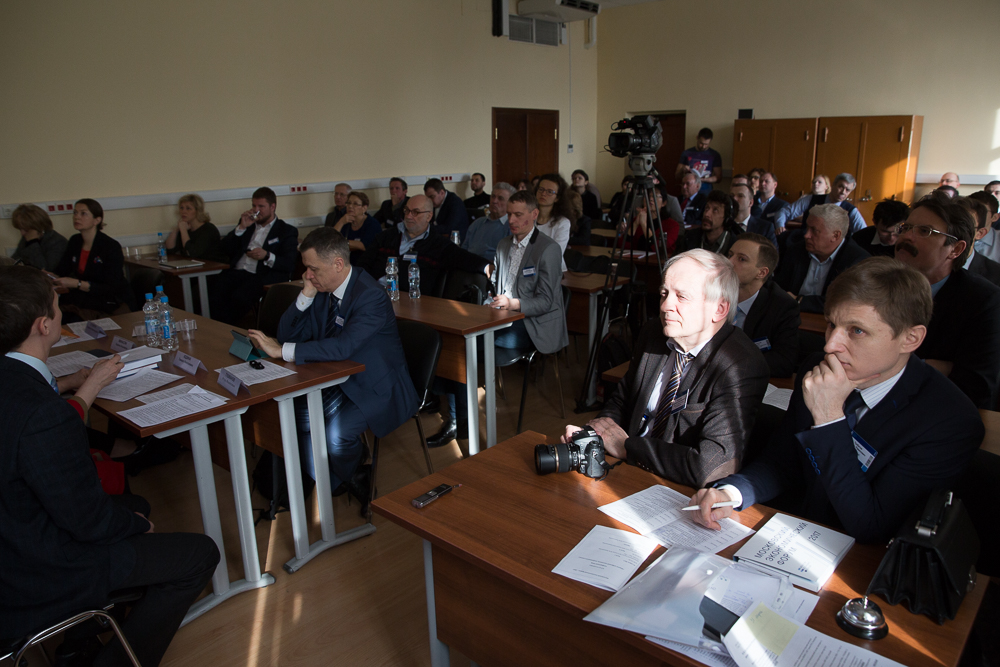
Published: September 22nd, 2017
Russian President Vladimir Putin in his Address to the Federal Assembly on December 1, 2016 defined the digital economy as the economy of a new technological generation. On the Board of Trustees of the Moscow State University on January 25, 2017, Rector Viktor Sadovnichy positioned the use of information technologies as a response to the global challenges of the fourth industrial and technological revolution. In addition, at the World Economic Forum in Davos and at the G-20 Summit in Hangzhou, the digital economy is presented as a driver of economic growth. Chinese President Xi Jinping in Davos-2017 announced the creation of a continental infrastructure platform.
The digital economy is the main factor of the heyday economy laid down in Strategy 2025. It requires comprehension in terms of its capabilities in the context of creative development and risks for man and humanity in general, as well as the practical development of mechanisms and the creation of digital platforms, valleys and space. What level of development and potential do these instruments have in Russia?
To discuss this issue within the framework of the International Economic Forum, the conference " Forcing the digital economy: opportunities and risks" was held.
Moderators of the discussion were Tamara Yudina, doctor of economic sciences, Vladimir Sukhomlin, doctor of technical sciences, head of the open IT laboratory of the faculty of the VMC of the Moscow State University, and Igor Tushkanov, director of the innovative enterprise of OOO Termokem.
The Minister of Information of the Eurasian Economic Commission Karine Minasyan opened the discussion. She talked about four topical areas of the organization's work today: transformation of economic sectors, transformation of markets, transformation of integration processes and management systems, and, finally, infrastructure and security in the context of the digital economy. According to the speaker, special emphasis is now being placed on projects related to the transport and logistics corridor, designed to realize the transit potential of the Eurasian Union. In addition, we are talking not only about transport communications, but also about the digital identification of goods and services, the formation of an industrial information platform.
Doctor of Economics Arseniy Brykin devoted his speech to the growing personnel shortage caused by the "brain drain" from Russia. Generation Y chooses employers, being guided by the available information field, the Russian brands in it practically do not work to attract staff and do not even think about the conformity to the values of the new generation.
President of the Association of Domestic Consumers and Manufacturers of information modeling technology Valery Gryaznov spoke about information models, which, in his opinion, can solve the task of economic lag in one or two generations. Such models allow taking into account the creation of any objects taking into account the costs of resources and time. Speaker noted that Russians work more than Europeans do, while labor productivity remains low. Gryaznov's report was devoted to a review of the use of digital technologies in construction work, which can increase productivity by tens of percent. The speaker called for making detailed forecasts and forming projects in the sphere of smart economy, and then bringing them to the attention of government officials.
Kirill Voytyuk, director of development of the company "iBIM", continued the theme of using information models in construction, telling about the life cycle of such objects. One of the obstacles in the mass introduction of information modeling speaker called a huge amount of data that cannot be digitized. These issues are privately solved by digitizing the data required for a particular project and available in handbooks, classifiers and other sources. In this case, the examples of Singapore and the UK indicate that the examination processes can also be digitized and automated. "When we talk about the digital economy, we mean implementing it at the state level. At the same time, in the matter of digitizing the regulatory framework, we are still lagging behind, "the businessman concluded.
The conference participants agreed that the prospects of the digital economy are inconceivable without the productive cooperation of business and the state. At the same time, transparency is one of the conditions for such interaction and the digital economy as a whole. It should precede the technological changes that will allow Russia to overcome the gap from the advanced countries.
Latest news
07.05.2018 MEF-2018: debate "Cultural policy: between individual freedom and the interests of society?"
07.05.2018 MEF-2018: Conference No. 8
07.05.2018 MEF-2018: Conference No. 4
07.05.2018 MEF-2018: Conference No.3
07.05.2018 MEF-2018: Conference No. 2
07.05.2018 MEF-2018: Conference No.1
26.04.2018 McConnell Discusses Information Warfare
20.04.2018 MEF-2018: closing plenary session
17.04.2018 Mr. Freysinger: «Skripal’s case» for relationship between Russia und European Union?
